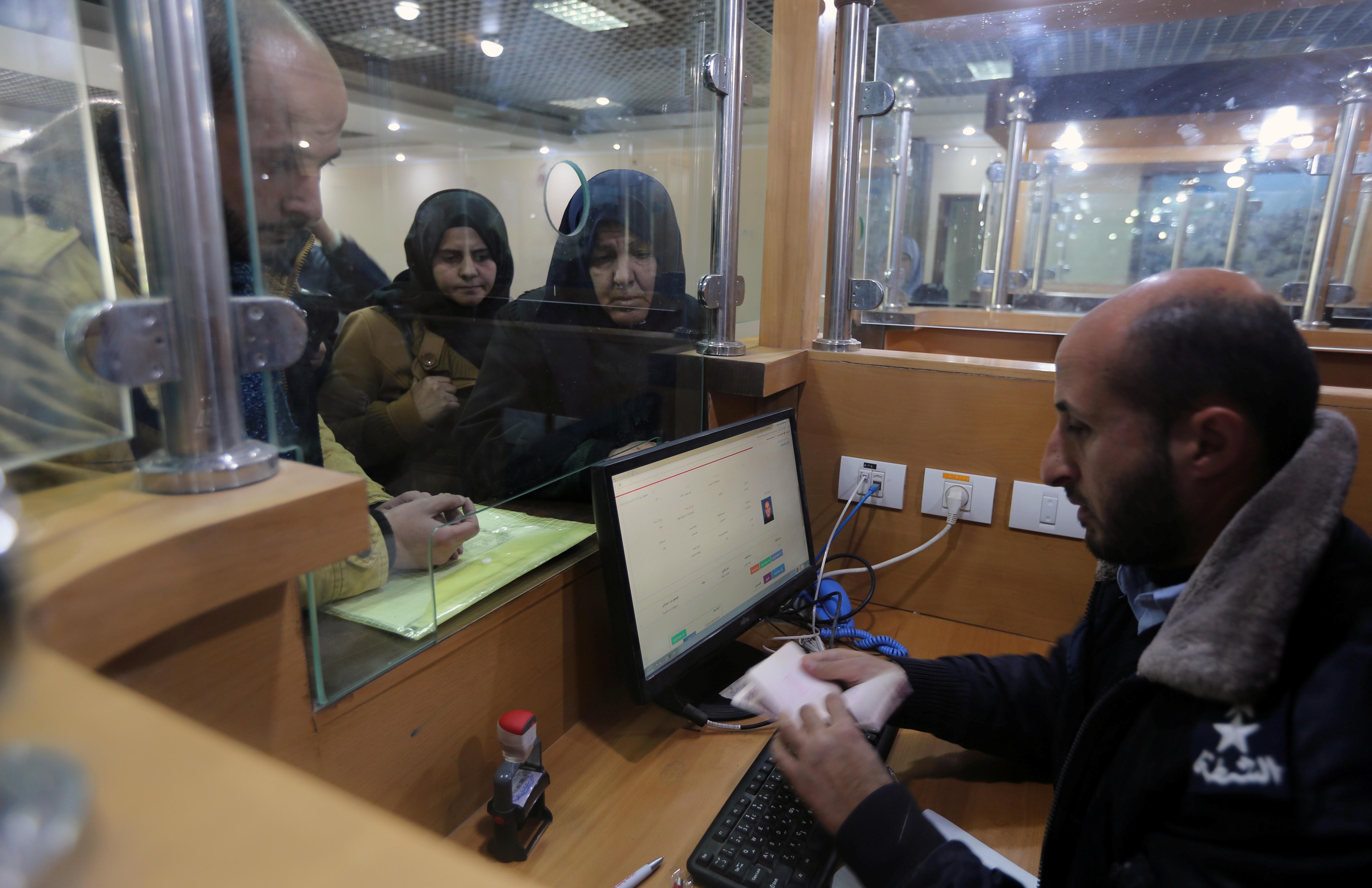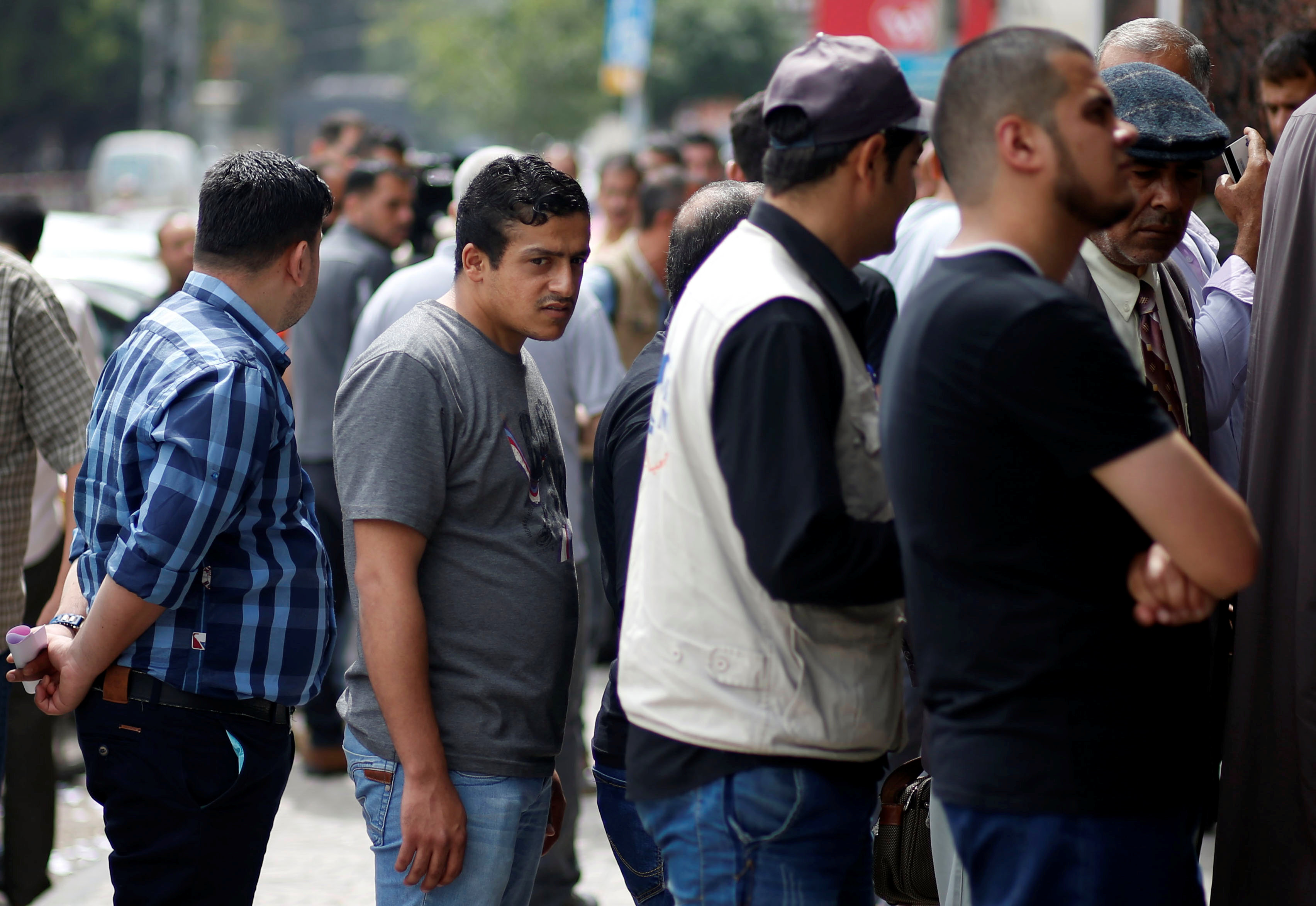
Important Takeaways:
- One of the group’s senior officials, Osama Hamdan… also threatened that Hamas would not allow any non-Palestinian party to enter the Gaza Strip.
- Iran’s ruling mullahs have already lost their strategic ally with the collapse of the Syrian regime of Bashar al-Assad. Losing the Gaza Strip would therefore be another severe blow to the Iranian regime, whose declared goal is to annihilate the “Zionist entity.”
- Similarly, Hamas’s longtime patrons and funders in Qatar will do their utmost to ensure that the terrorist group remains in power.
- Hamdan’s statements are a clear indication that Hamas intends to maintain its control of the Gaza Strip at any cost. They are also a sign that Hamas is determined to continue its terror attacks against Israel.
- Any deal that allows Hamas to remain in power would be disastrous for Israel, the Palestinians, and Arab states threatened by the Iran-led “Axis of Resistance.”
- It would also undermine the Trump administration’s credibility in the eyes of many in the Middle East. The Trump administration will appear as if it is only good at making empty threats.
- There should be no reconstruction of the Gaza Strip as long as Iran’s proxies remain in power. The idea of allowing the Palestinian Authority to return to the Gaza Strip as a civilian body that pays salaries and funds projects should be rejected by the Trump administration.
- Even if the PA is permitted to deploy its own security forces in the Gaza Strip, it does not mean that they would be able to disarm Hamas and other terrorist groups. The PA did not do so when it was in control of the Gaza Strip between 1994 and 2007, and the assumption that it would do so now is catastrophically wrong.
Read the original article by clicking here.









